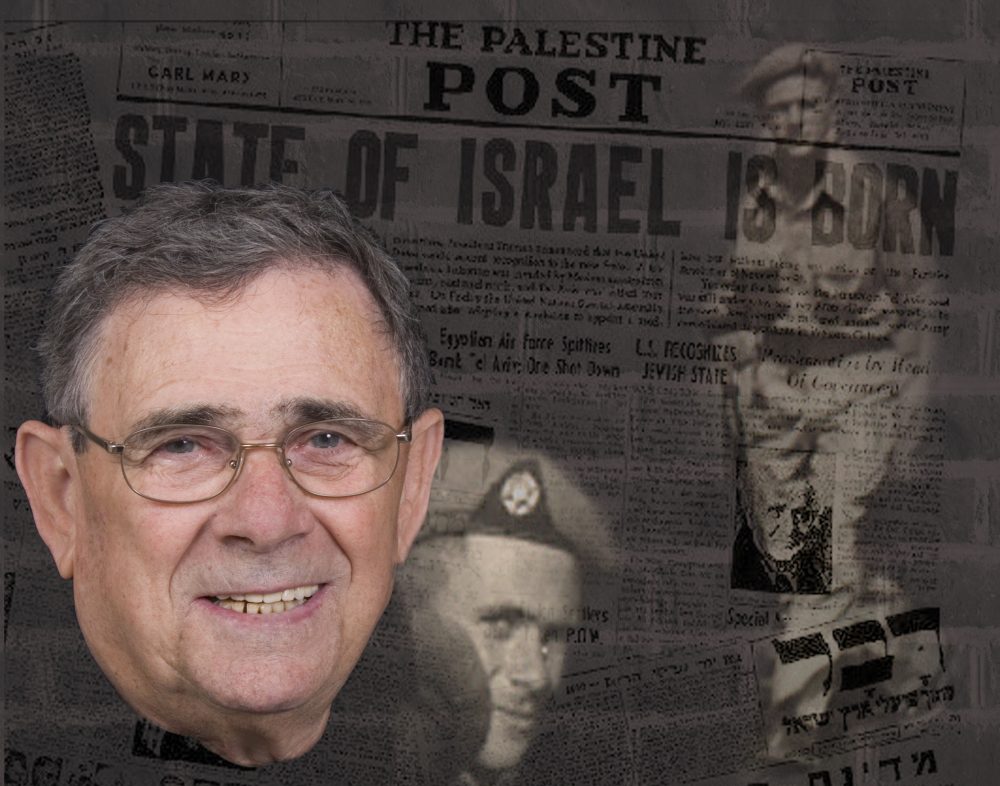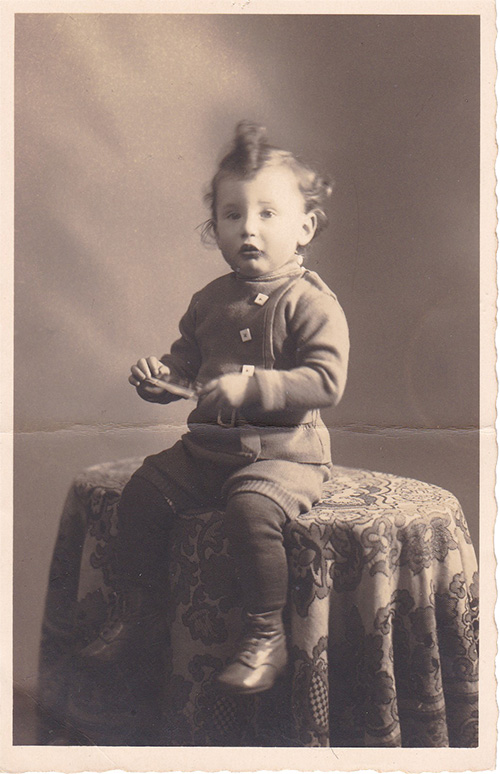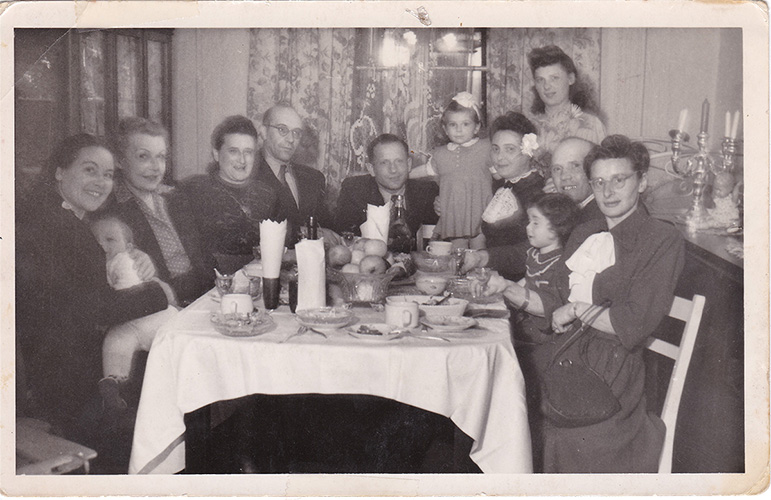
Birth of a Nation
By: Becky SeitelYoung Aisic Hirsch was sixteen years old when he traveled to Palestine, now Israel, in 1946. As a young boy, he had survived nearly two years in the Warsaw Ghetto and a little more than three years working as a farm hand in Poland. There, he had posed as a Catholic boy, complete with false name and fake birth certificate.
The arrival of Russian troops freed him from the terrors of the Holocaust, making it possible for him to emigrate. In the years following World War I, Palestine had become a British Mandate, and Jewish immigration had steadily increased. British efforts to restrict this immigration were countered by international support for Jews following the near-extermination of European Jews by the Nazis.
“I was the only survivor in my family, so I had nowhere to go after liberation. Palestine held new promise for me,” says Aisic. “I became a policeman and soon met my wife, Riva, who’s also a survivor.”
As tensions grew between the Jewish and Arab populations, and Arab attacks on Jews increased, and with little apparent support from the British Mandate authorities, the Jewish community began to rely on itself for defense.
In 1948, Aisic joined the Israeli military and fought in the War of Independence. On May 14 of that year, the State of Israel was born.
“I think the Holocaust accelerated the creation of Israel,” Aisic says. “I’m proud that I was a part of that process. I’m proud that I was a part of the birth of a nation.”


